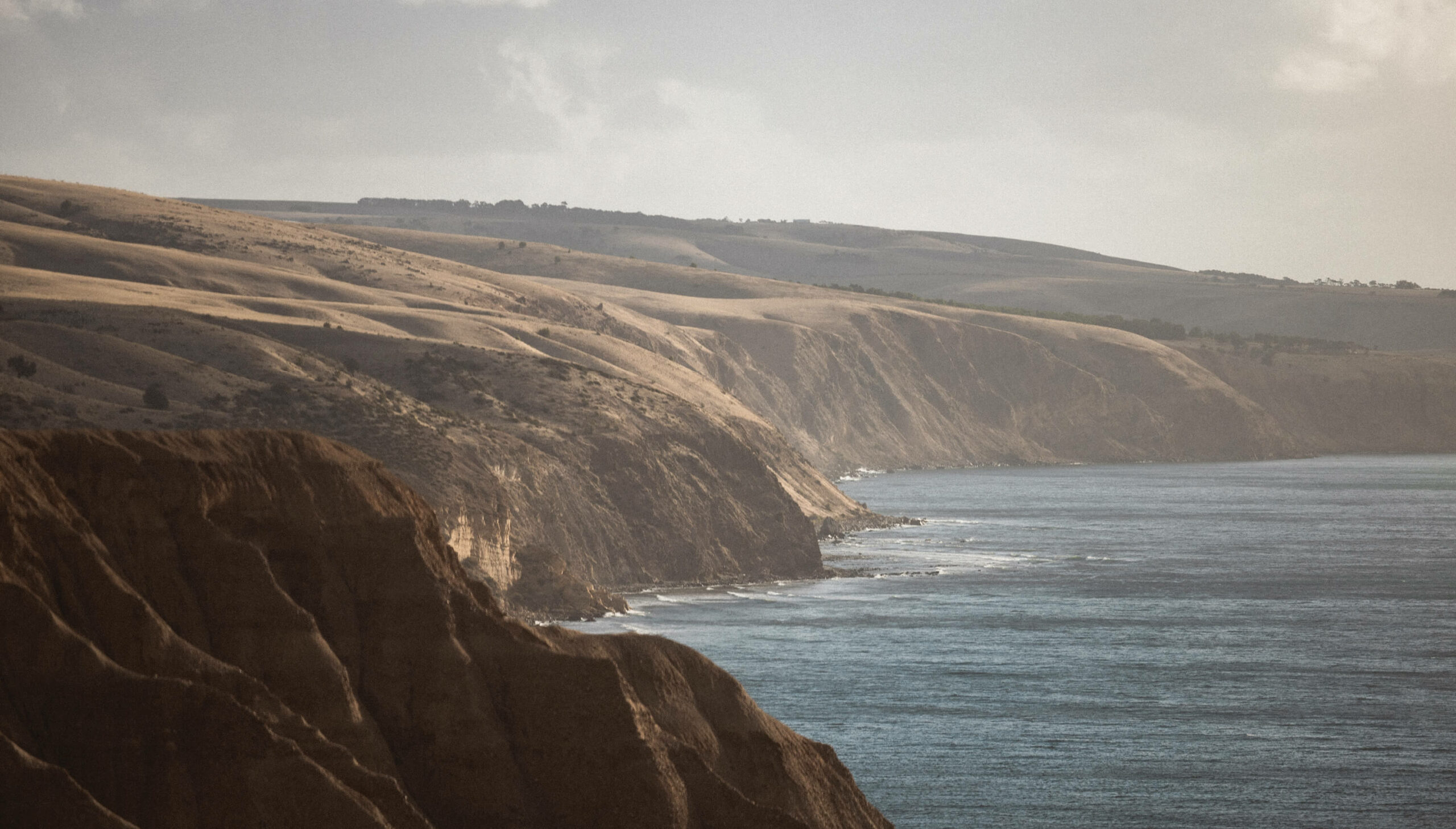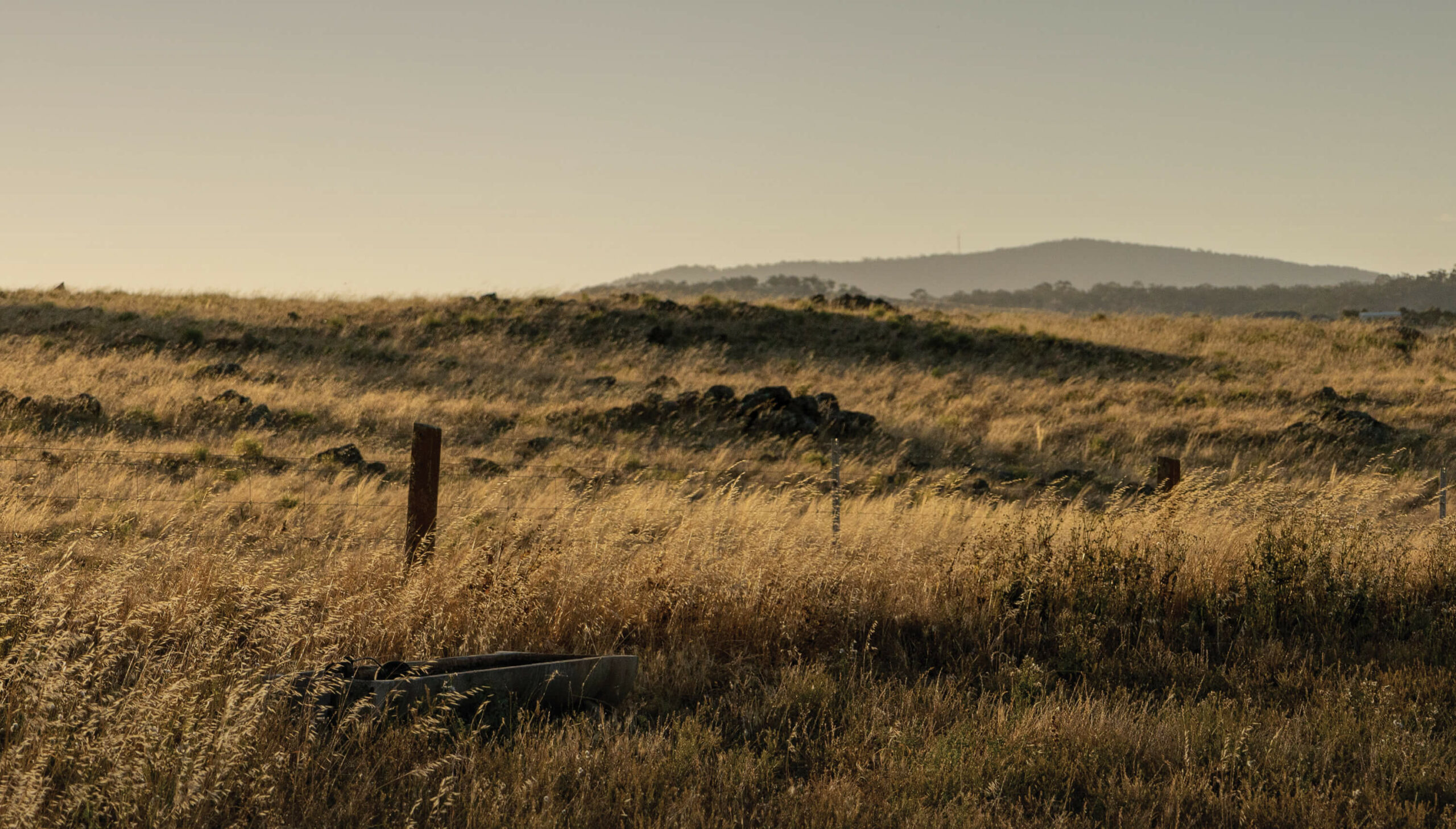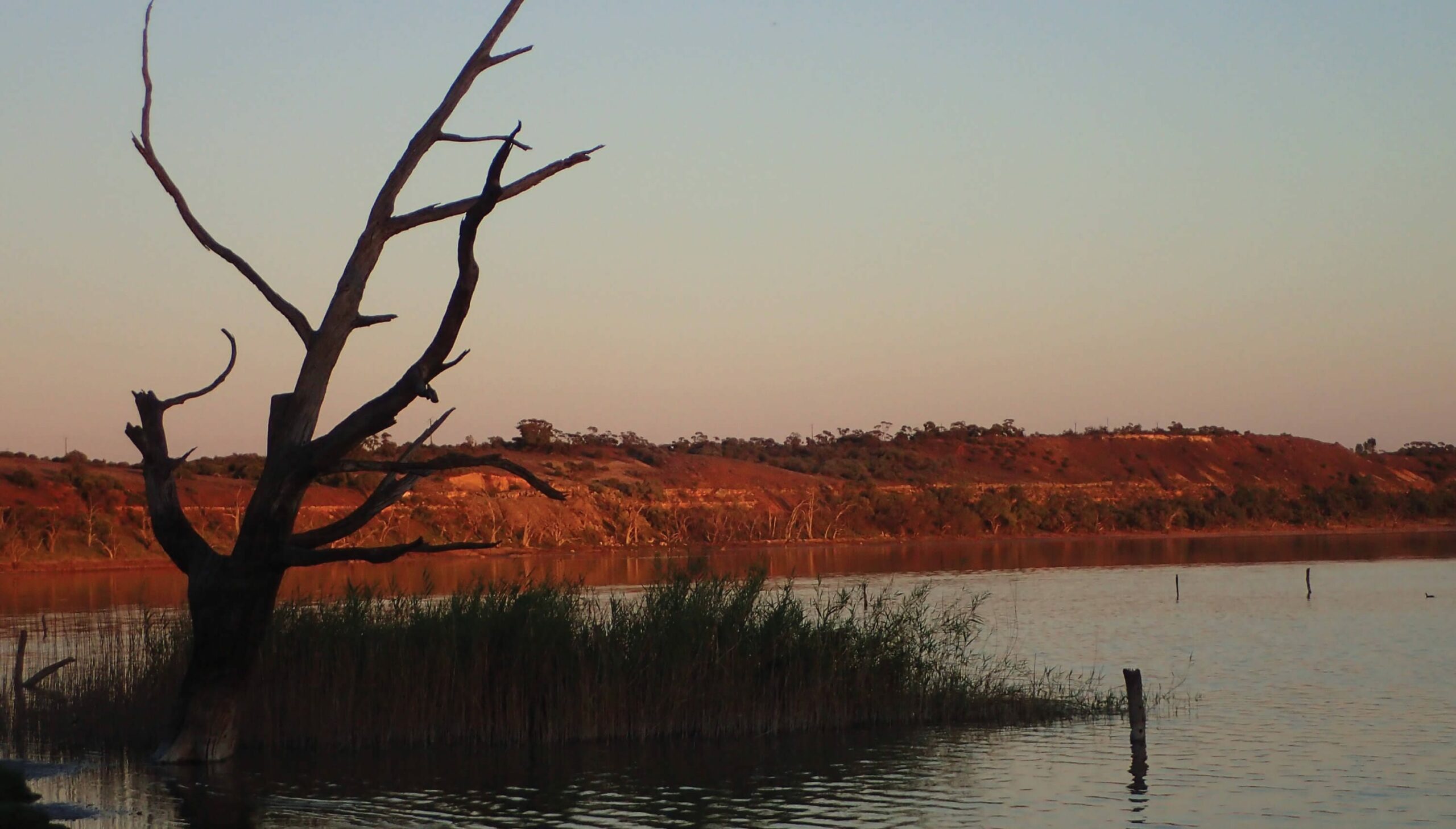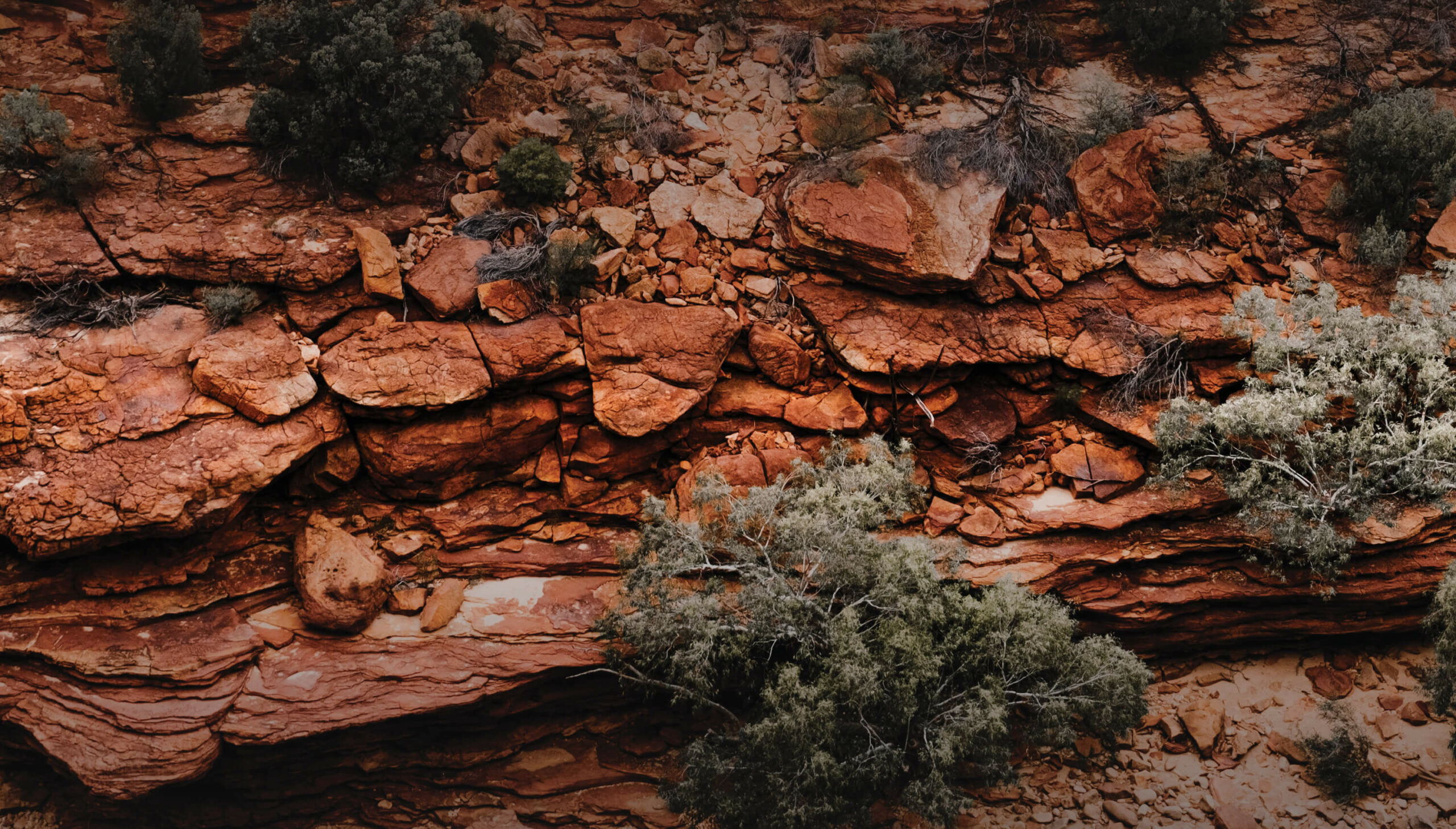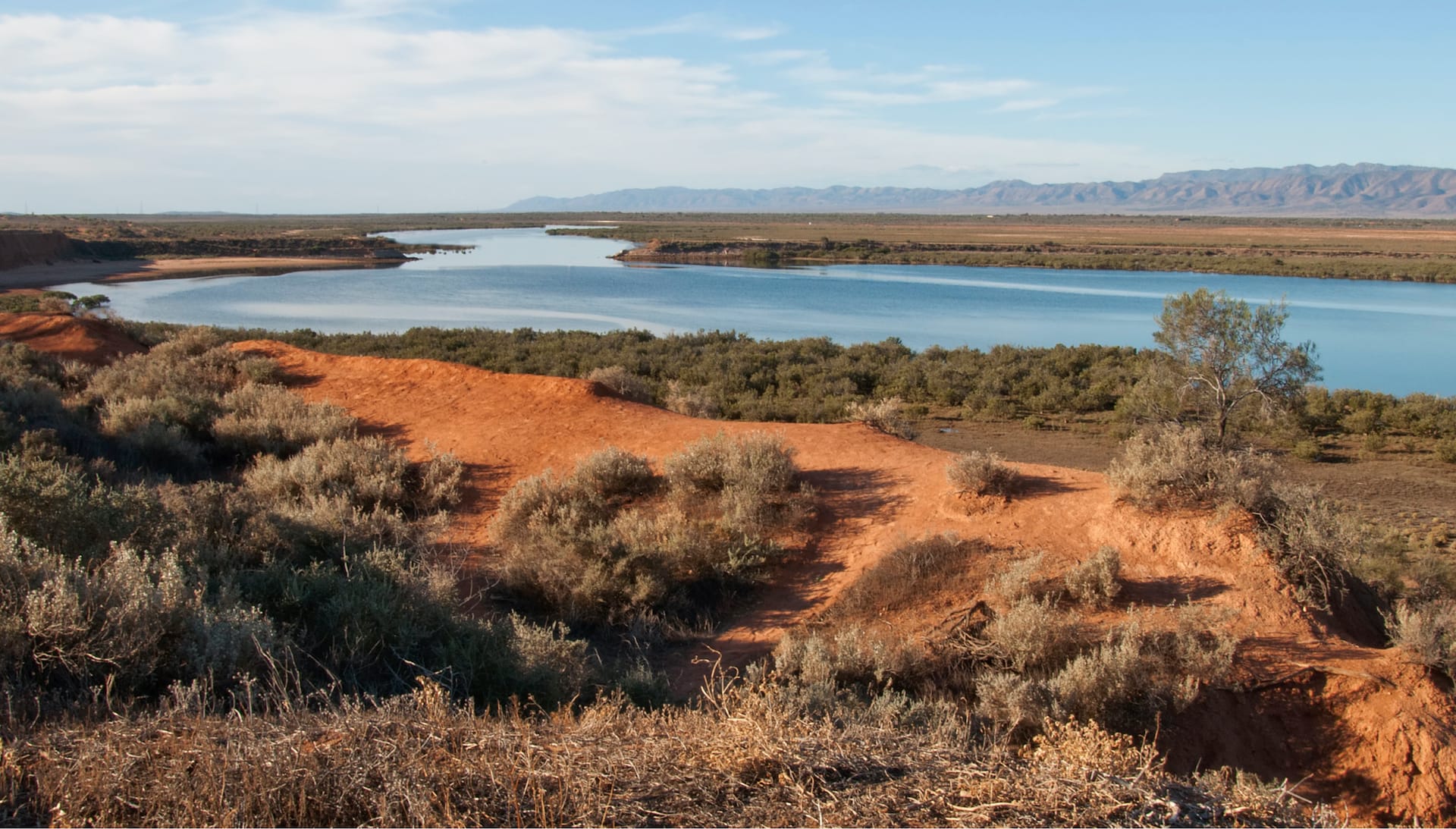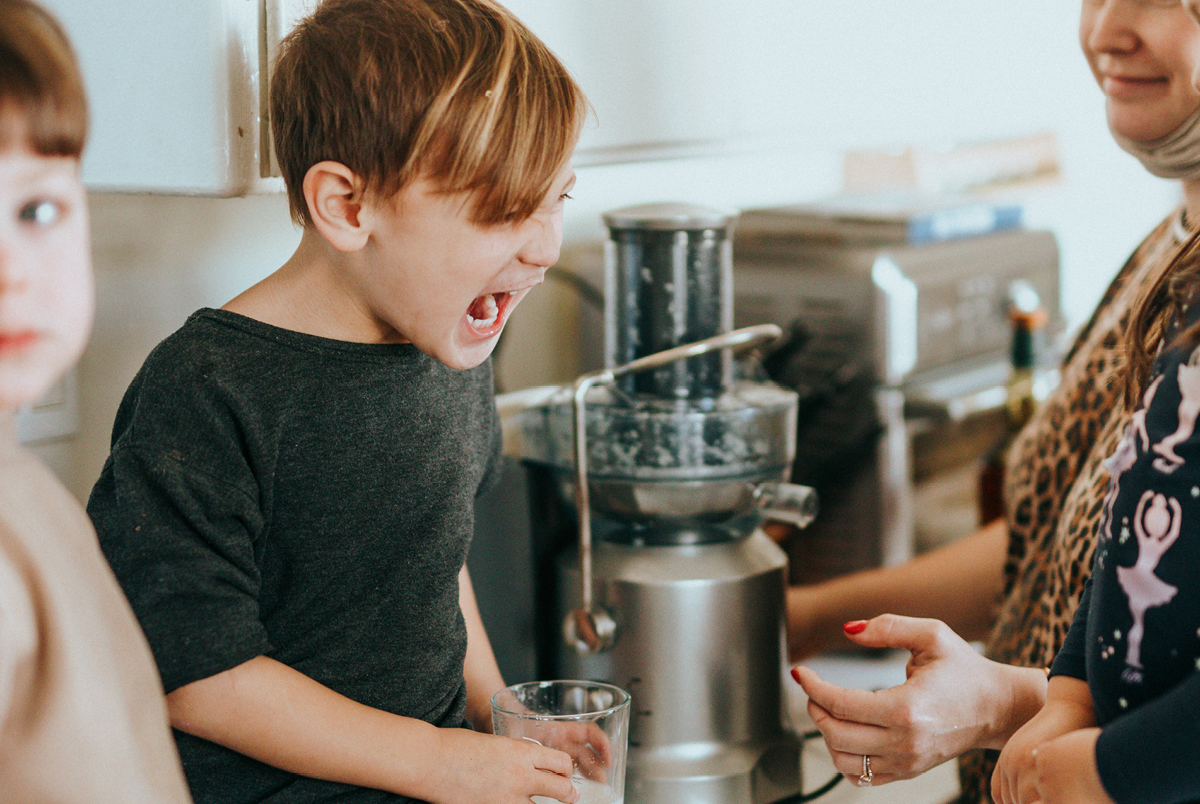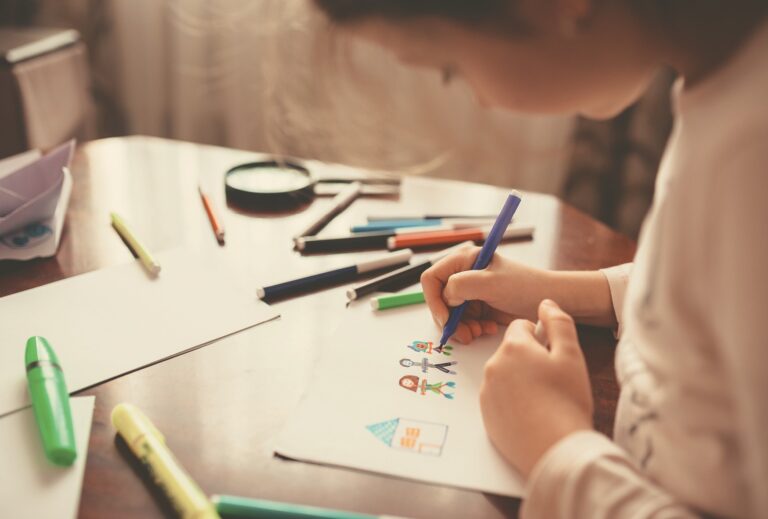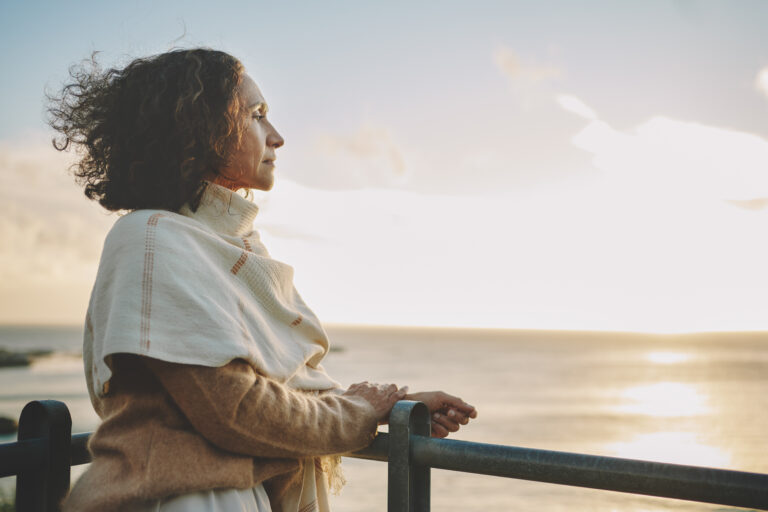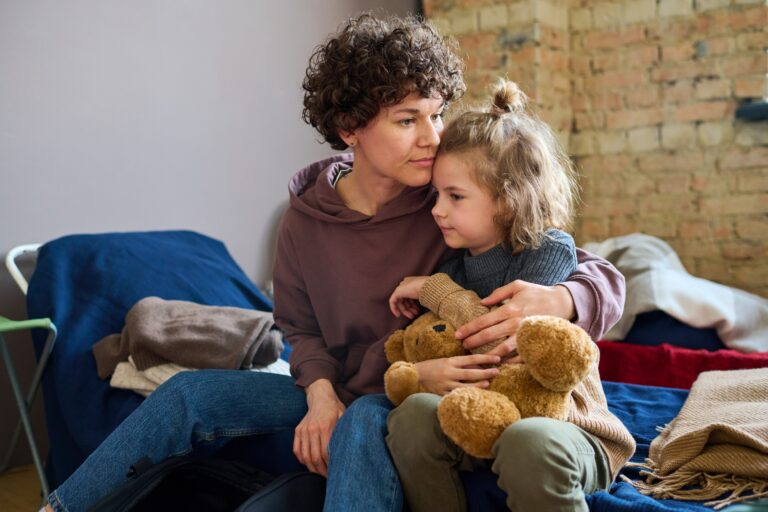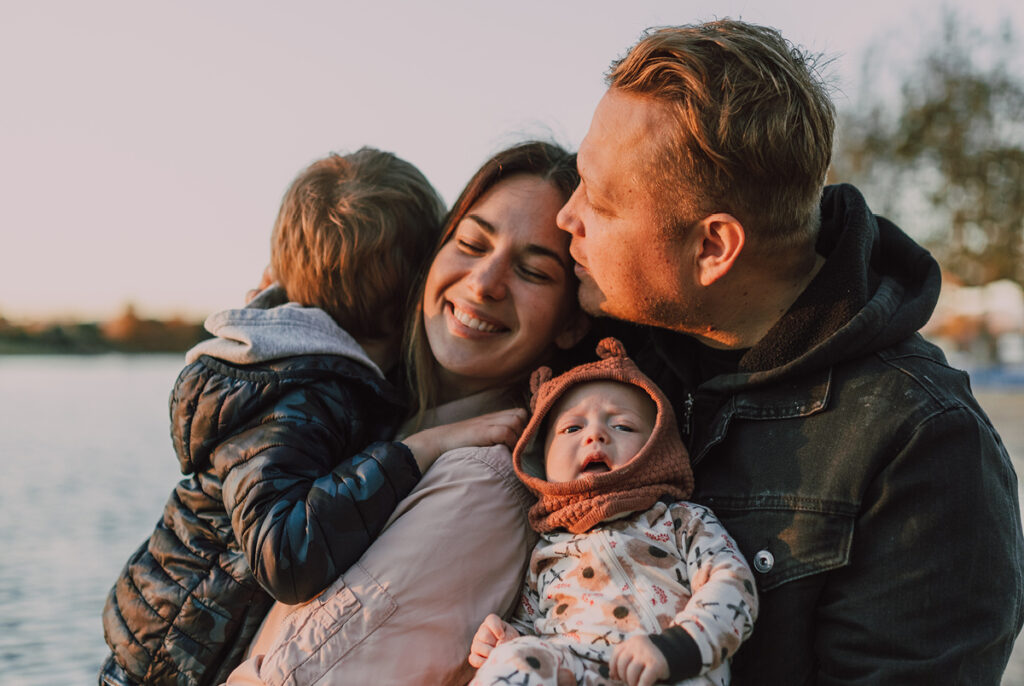In Part 3 we talk about how parental conflict can impact a child’s development and why conflict resolution is important. Let’s Talk About Conflict is a seven-part video series, each 5–10 minutes in duration, with supportive learnings and takeaways.
All Parents Have Some Conflict
While some types of conflict can teach your child how to manage disagreements in their own life, others are not useful and can be harmful.
Demonstrating Why Conflict Resolution is Important
Just as a plant grows in the rain, your child’s attachment security grows in the kind of rain that happens in every family’s life.
Watching parents resolve conflict in a way that does not cause anyone to be emotionally or physically injured shows your child that you are there for them, even in bad weather, helping them feel secure. It also teaches them behaviours that are helpful in their relationships with others.
Other types of conflict can be destructive to your child. Frequent, intense, and poorly resolved conflict is like a storm, which can uproot your child’s trust, and attachment security. It can also increase the risk that relationship behaviours and problems are repeated, as research suggests these children can go on to have higher levels of destructive conflict in their own future relationships.
Your child does not have to hear or see conflict to be affected by it. Children are very sensitive to the emotional climate of the house and pick up on dark clouds and tensions easily.
Reflections
Consider how you can model how to discuss differences and resolve conflict calmly.
Watch the Full Series
The series is designed for use by parents, whether they live together or are separated. It is a practical tool to support them to reduce the impact of their conflict on their children’s emotional and social development.
Based on more than 20 years of scientific research and practice evidence, it features ideas and tips from experts that are direct and to-the-point. The series also highlights the real experiences of parents who have made real-life challenges related to the conflict in their family. To explore how parental relationships affect children, what the full series:
- Introduction: Let’s Talk About Conflict
- Part 1: What is ‘parental conflict’, and why should we talk about it?
- Part 2: What your parents did not know
- Part 3: How does parental conflict impact on child development?
- Part 4: How do children adapt to parental conflict?
- Part 5: How can parents manage parental conflict?
- Part 6: How can parents help repair damage from parental conflict?
Please note that Relationships Australia SA does not offer a certificate or verification of completion for these videos.
Acknowledgments
Let’s Talk About Conflict © was written by Jennifer E. McIntosh and Craig Olsson from the Centre for Social and Early Emotional Development (SEED), Deakin University. It was produced by Relationships Australia SA.
If you feel like you need extra support Relationships Australia SA also offers a range of services for families and children and youth that can help. Together4Kids provides therapeutic support to children aged 0–12 to help them: overcome trauma, strengthen children’s ability to deal with difficult feelings and reactions, and adjust to family changes and disruptions. Get in touch with us today.
